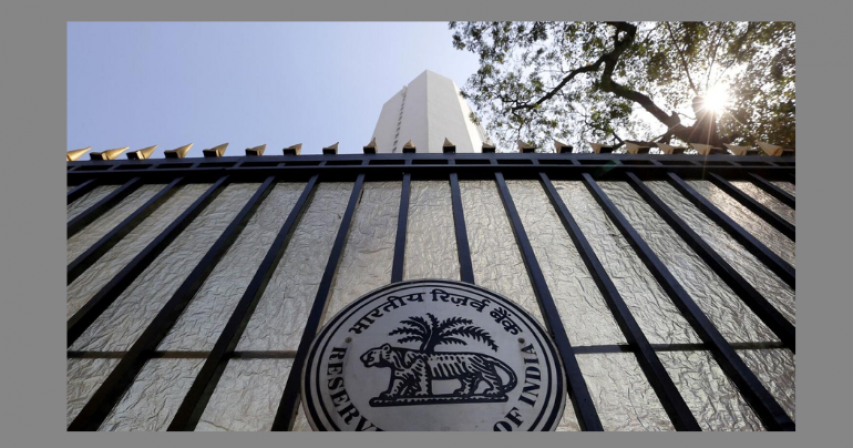India Facilitates Fintech Growth with New Regulatory Sandbox

In a bid to nurture innovation and foster a conducive environment for fintech startups, the Reserve Bank of India (RBI) has introduced a groundbreaking framework titled the 'Regulatory Sandbox.' This initiative aims to provide a safe and protected space for innovative fintech ventures to thrive and contribute to India's rapidly evolving financial landscape.
The Regulatory Sandbox guidelines, meticulously crafted by the RBI, herald a new era of collaboration between regulatory authorities and fintech innovators. Under this framework, startups are granted the opportunity to engage with the regulator, enabling the development of innovation-enabling guidelines tailored to meet the evolving needs of the financial sector. By facilitating the delivery of relevant, low-cost financial products and services, the Sandbox seeks to democratize access to financial services and drive inclusive economic growth.
Key aspects of the Regulatory Sandbox include provisions for the supervision of fintech initiatives by the RBI's dedicated fintech division. This oversight mechanism ensures compliance with regulatory standards while fostering a culture of innovation and experimentation. Moreover, the Sandbox program operates on a perpetual basis, allowing startups to continuously explore and develop innovative solutions in areas such as blockchain technology, digital payments, smart contracts, marketplace lending, and data analytics.
While embracing innovation, the RBI has exercised prudence by delineating certain areas outside the purview of the Sandbox. Cryptocurrency, trading in crypto assets, chain marketing services, and initial coin offerings (ICOs) remain excluded from the Sandbox framework. This nuanced approach reflects the regulator's commitment to balancing innovation with risk management and consumer protection.
The significance of the Regulatory Sandbox extends beyond the fintech ecosystem, impacting various stakeholders, including investors, entrepreneurs, and consumers. For young Indians in the Gulf region aspiring to establish fintech startups in India, this initiative offers a beacon of hope and opportunity. By providing a safe and supportive environment for experimentation and growth, the Sandbox empowers startups to realize their entrepreneurial dreams and contribute to India's burgeoning fintech landscape.
In parallel, the Regulatory Sandbox underscores the government's broader vision of promoting financial inclusion and digital transformation across the country. Through strategic collaborations between regulatory bodies, industry stakeholders, and technology innovators, India aims to harness the transformative potential of fintech to address societal challenges, enhance access to financial services, and drive economic progress.
Meanwhile, in the real estate sector, individuals navigating complex transactions involving under-construction properties seek clarity on the legalities and procedures involved in property transfers. Legal expert H.P. Ranina provides invaluable insights into the process, elucidating the steps involved in transferring rights in under-construction properties and highlighting the importance of comprehensive documentation to safeguard the interests of all parties involved.
Furthermore, recent developments in overseas investments, particularly in Exchange Traded Funds (ETFs), have drawn attention to regulatory directives issued by the RBI. With fluctuating market conditions and evolving regulatory frameworks, investors seek clarity on investment avenues and compliance requirements. H.P. Ranina clarifies the implications of RBI directives on overseas ETF investments, offering guidance to investors navigating the intricacies of international markets.
In conclusion, India's strides in fintech regulation and real estate transactions reflect a concerted effort to foster innovation, enhance regulatory clarity, and promote investor confidence. As the country positions itself as a global fintech hub, stakeholders across sectors stand to benefit from a conducive regulatory environment that nurtures entrepreneurship, drives innovation, and fosters sustainable economic growth.
By: Sahiba Suri





Comments